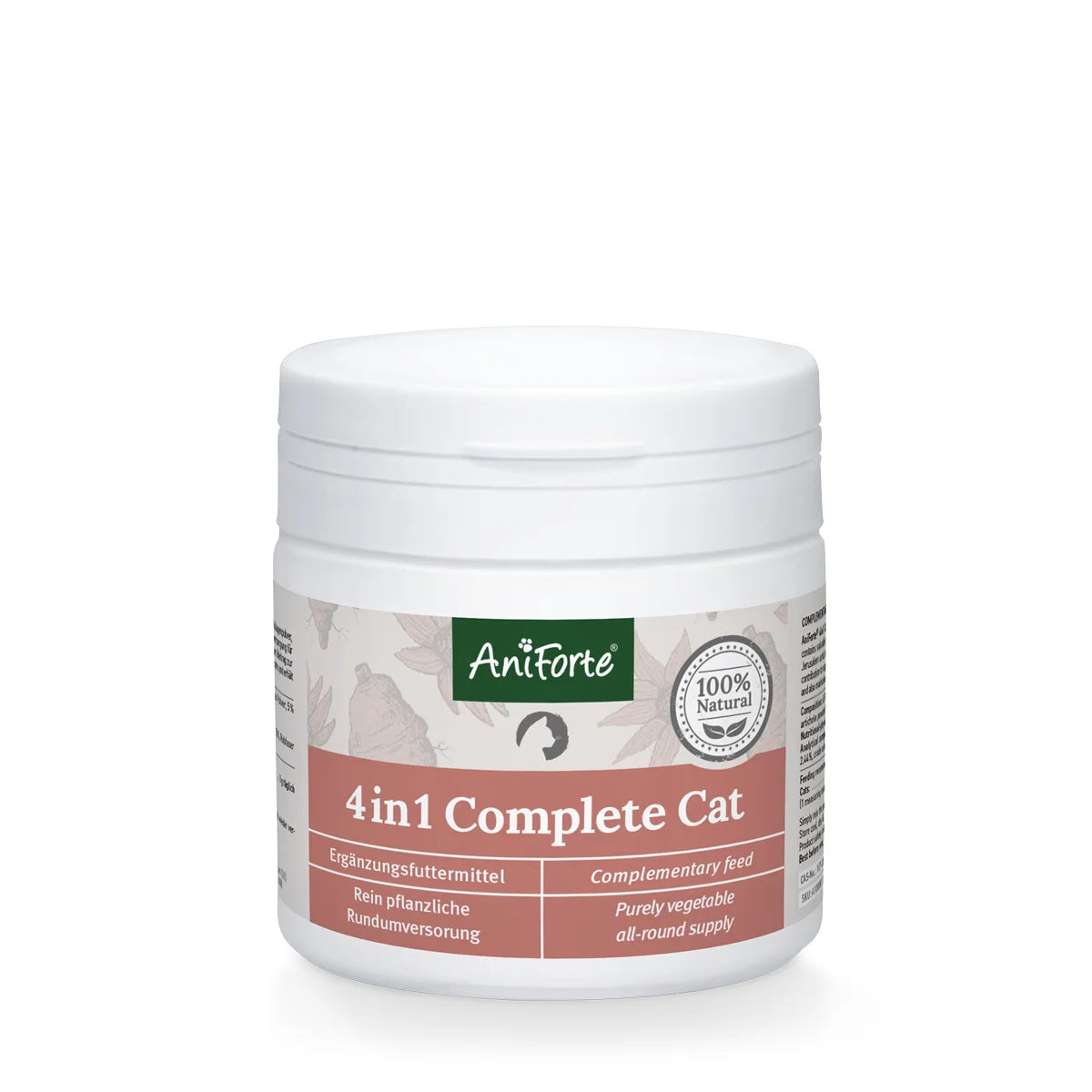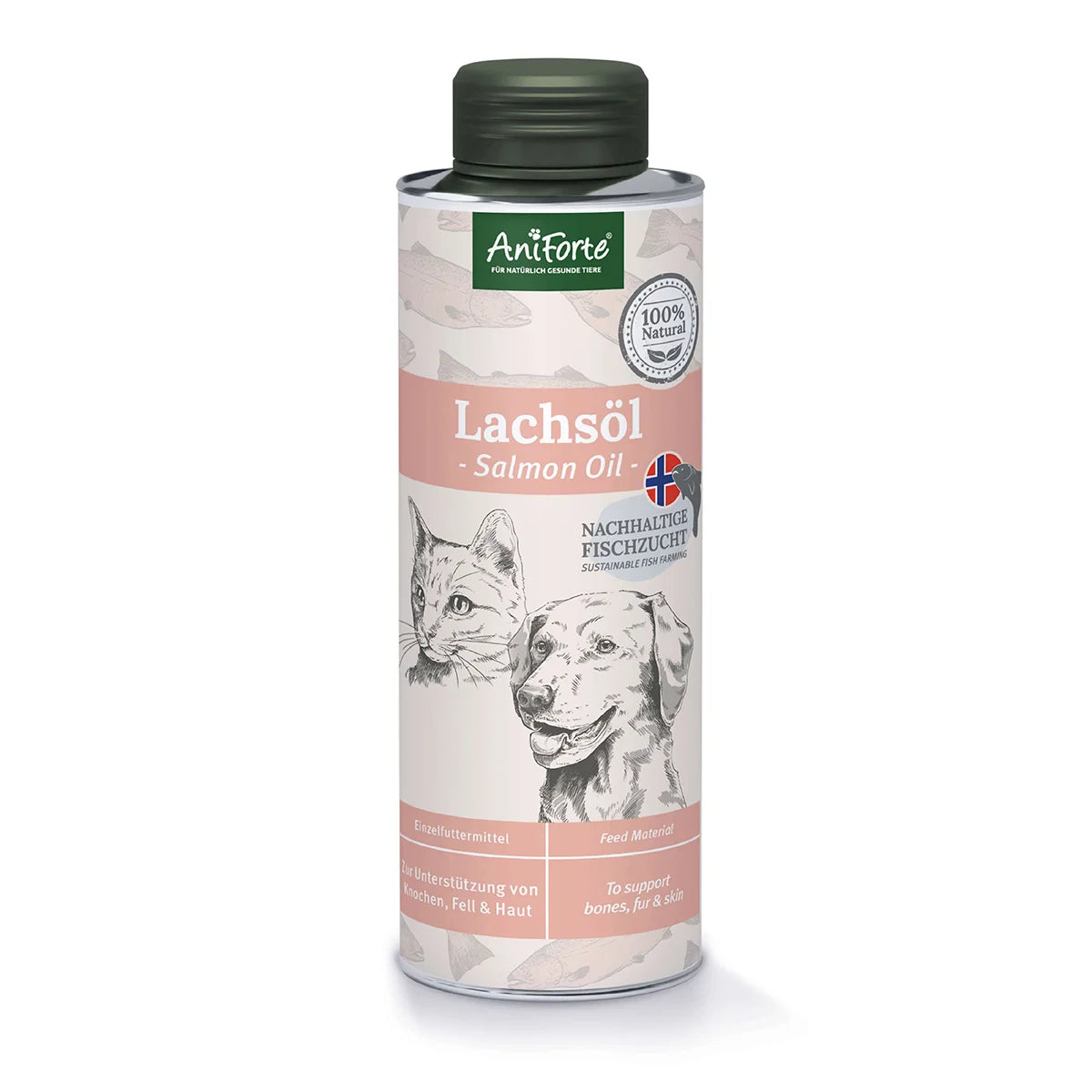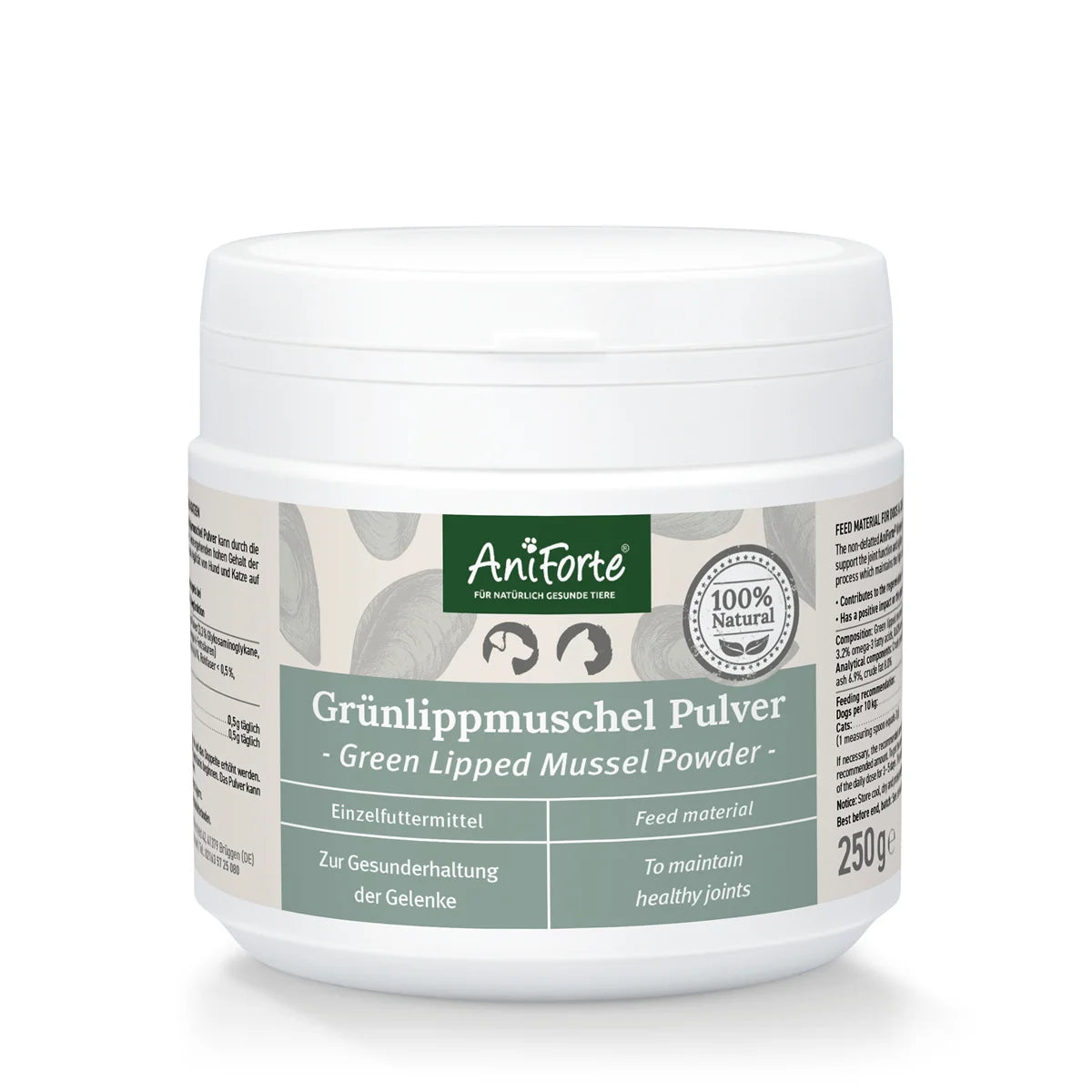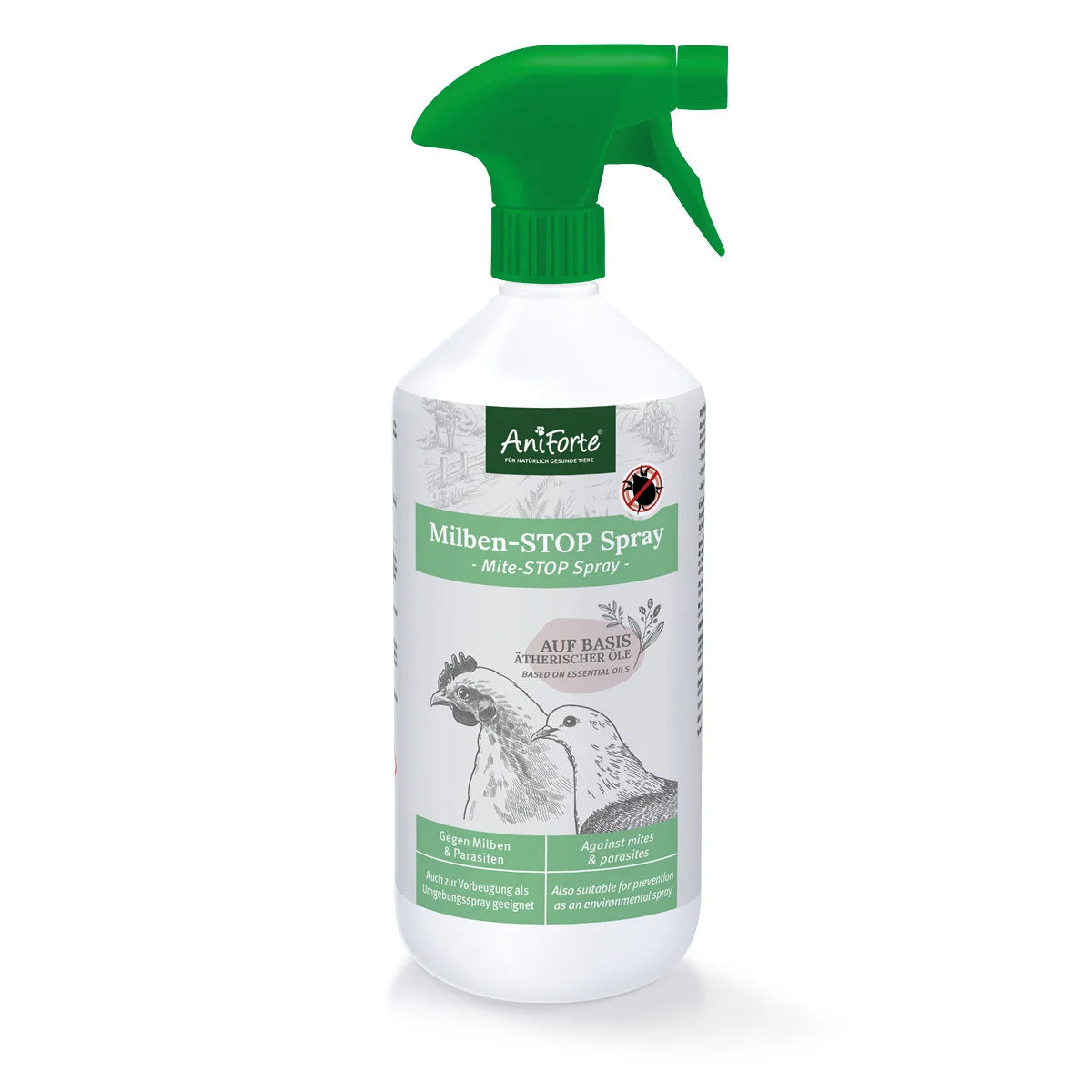The warm, inviting scents of vanilla, anise, cloves, and cinnamon fill homes with Christmas cheer, sparking anticipation for the holidays. But are these beloved festive flavors suitable for baking treats for your dog?
How Healthy Are Vanilla, Ginger, and Cinnamon for Dogs?
When baking for your furry companion, it’s essential to avoid artificial or chemical flavourings. Fortunately, many natural spices are safe and even beneficial for dogs in moderation. Here’s a guide to the most dog-friendly spices, along with two delicious recipes to help your pup enjoy the holiday season.
Vanilla: The Luxurious Favourite
Real vanilla (Vanilla planifolia) is derived from a tropical orchid and has been cherished since the Aztec era. While it’s one of the world’s most expensive spices, it’s completely safe for dogs and adds a delightful aroma to their treats.
Anise: A Respiratory Booster
Anise (Pimpinella anisum), known for its sweet, licorice-like aroma, is not just a popular festive flavour but also supports your dog’s respiratory and digestive health. Crushed anise seeds release their maximum aroma and are an excellent addition to holiday biscuits.
Ginger - Support for Blood Circulation
Ginger (Zingiber officinale) has been used for centuries to enhance digestion and circulation. Its spicy-sweet flavor is safe for dogs, but use it sparingly. Avoid giving ginger to pregnant dogs or within 48 hours of surgery, as it can thin the blood.
Cinnamon: The Aromatic All-Rounder
Real cinnamon is one of the oldest spices in the world and should not be missing in any Christmas baking. However, you need to distinguish between two types of this spice: cinnamon for sale in ground form or as cinnamon sticks in the supermarket comes from the smaller cinnamon bush (Cinnamomum cassia), which is mainly cultivated in Indonesia. The Ceylon cinnamon, on the other hand, is characterised by a finer taste and a higher content of essential oils. Due to its components, it is of significantly higher quality and therefore also has a more pronounced effect on the organism. Cinnamon is an effective natural remedy, however, as for us humans, it should be used in moderation when baking for dogs.
Cardamom - beneficial for breath and digestion
Cardamom (Elettaria cardamomum), along with saffron, is one of the most precious spices in the world. It belongs to the ginger family and is particularly valued in India. There it is processed into tea and curry due to its incomparably spicy taste. Mainly the unripe green seeds that are harvested by hand are used. The spice can either be bought as seeds, ground or as capsules in stores all year round. If the capsules are still intact, they are of particularly high quality. However, if you have already opened the capsule, the seeds will lose their aroma quickly. As an exotic spice, cardamom contains many essential oils, which have a positive effect on the respiratory tract and digestion. Avoid the spice in large quantities for pregnant bitches, otherwise - similar to ginger - contractions may occur.
Coriander - a great taste for dog biscuits
Coriander (Coriandrum sativum) originally comes from the eastern Mediterranean. It is closely related to caraway and fennel. The taste of the seeds is spicy, somewhat sweet and reminiscent of orange peel, cinnamon and nutmeg. The coriander seeds or fruits are used whole or ground. We recommend using the whole seeds for your dog biscuits so that the essential oils stay in and do not evaporate. Again, you should make sure to use this spice only in moderation.
Thyme - dominant, revitalising flavour
Thyme (Thyme vulgaris) is mainly native to southern Europe, where it has been cultivated and valued since time immemorial. The small, bushy shrub gives off a pleasant fragrance, the taste is intensely spicy and very aromatic, almost resinous. Thyme has long fought for its place as a spice in Mediterranean cuisine, but it is also popular as a medicinal plant in the gastrointestinal and respiratory tracts. Thyme is a popular herb for dogs and can be used well when baking for dogs. Here, too, you should use it discreetly, because its taste is dominant.
Fennel - beneficial for the stomach, intestines and respiratory tract
The fennel plant (Foeniculum vulgare) forms a tuber, which is used as a vegetable, as well as seeds and fruits. This plant, too, originally comes from the Mediterranean region and was valued for its beneficial effects on the stomach / intestines and the respiratory tract. The fennel seeds are a tasty and well-tolerated spice for dogs. The taste is sweet, similar to anise. The essential oils found in fennel are liked by most dogs. Even if the ingredients are of very high quality, they should be used sparingly due to their intense taste.
Spices to Avoid
Not all festive flavours are safe for dogs. Avoid nutmeg, allspice, clove, and bitter almond, as these can be toxic to your pet. Stick to dog-friendly spices to create healthy and delicious treats for your pup.
Recipes for Homemade Treats
Here are two recipes:
Christmas oat biscuits
150g oat flakes (small grain)
200g oat flakes (large grain)
75g spelt flour
50g of oat bran
1 grated apple
75g ground hazelnuts
250ml oat milk
250g quark
¼ vanilla pod
1 pinch of cinnamon
1 tbsp oil
2 tbsp honey
After combining the ingredients into a dough, let rest for 30 minutes. Then shape and bake at 180c
Yogurt stars
150g small grain spelt flakes
150g spelt flour
50g coconut flakes
1 ripe banana, mashed
2 dried figs
150g natural yogurt
1 tbsp wheat germ oil
1 tbsp honey
1 pinch of cardamom, anise and ginger each
Mix all ingredients well, cut usinsg cookie cutters and bake at 180°C, or 160°C in a convection oven.







